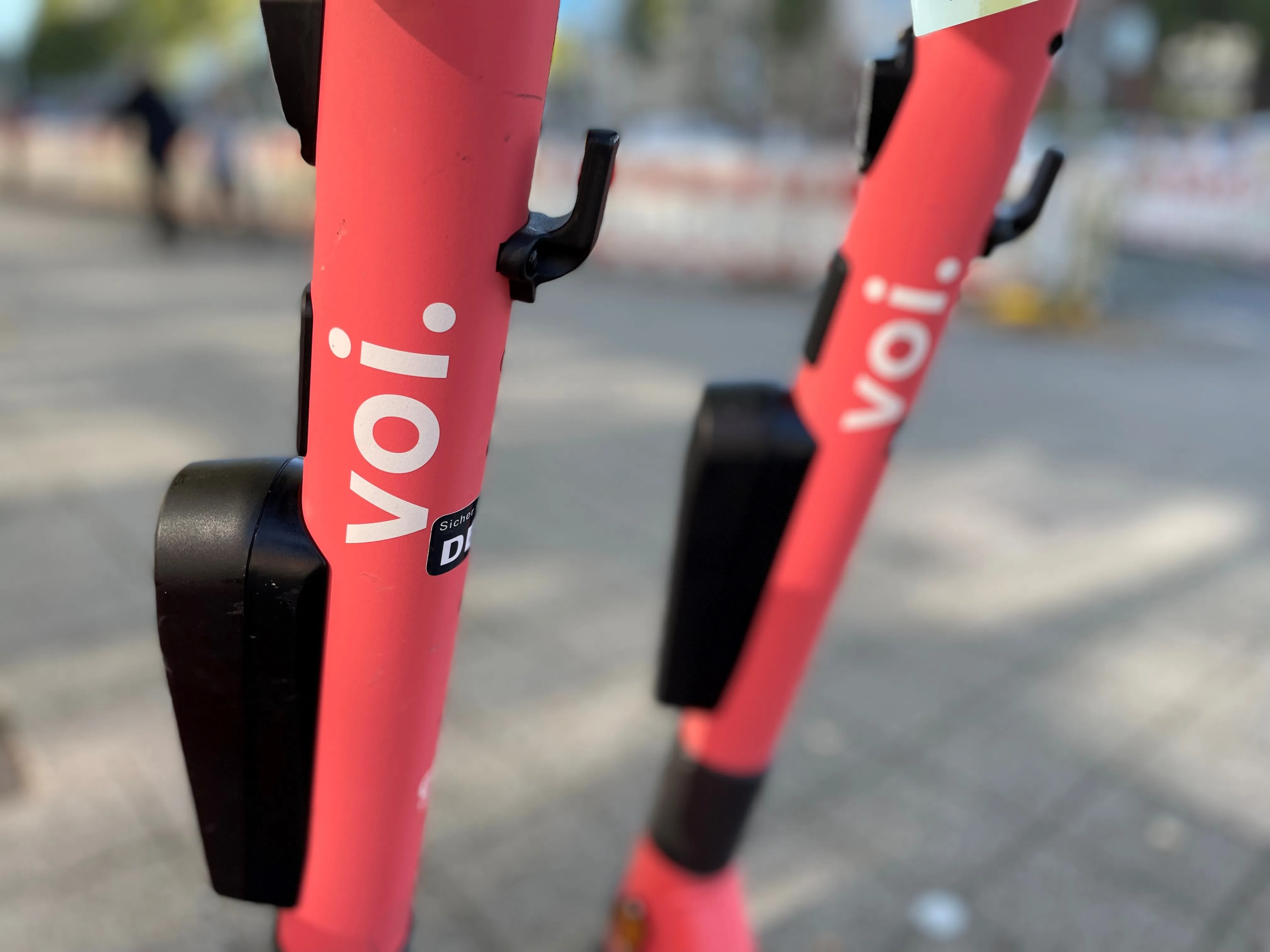Speaking at the FIA summer cocktail party, European Commissioner Elżbieta Bieńkowska compared the emissions defeat device scandal to the banking crisis and proposed a three step programme to ensure that market confidence is restored. She insisted on the need for the auto industry to show all their cards so that constructive progress could be made. Her plans include the need to reform the EU's type-approval and market surveillance system.
She also endorsed long-term investment in a low-carbon transport system and a clear policy target for zero emission vehicles. Her final step was to make the vehicle testing regime fit for the future, through the real-driving emissions packages and the newly approved test cycle for CO2.
In his speech Günther Oettinger, Commissioner for the Digital Economy and Society, made a firm commitment to include consumer voices in the development of the connected car market, saying that it is the 350 million drivers in Europe that are the investors in the automotive market and the industry has a responsibility to create vehicles that respond to consumer needs. He voiced his support for data protection with connected cars and European digital civil rights. He concluded with the need to define who owns the data that connected cars generate, be it the driver, the auto manufacturer, or the telecoms provider.
Also at the event, racing driver Tom Kristensen highlighted the need for constant training and updating of road safety knowledge to keep road users aware of changing rules, new technologies and new requirements on drivers. He emphasised that traffic education and driver training is a lifelong endeavour, saying that new technologies are increasingly becoming the norm and drivers need additional information on how these technologies affect the rules of the road.
European Commissioner blasts auto industry on defeat device scandal
Speaking at the FIA summer cocktail party, European Commissioner Elżbieta Bieńkowska compared the emissions defeat device scandal to the banking crisis and proposed a three step programme to ensure that market confidence is restored. She insisted on the need for the auto industry to show all their cards so that constructive progress could be made. Her plans include the need to reform the EU's type-approval and market surveillance system. She also endorsed long-term investment in a low-carbon transport syst
July 12, 2016
Read time: 2 mins







